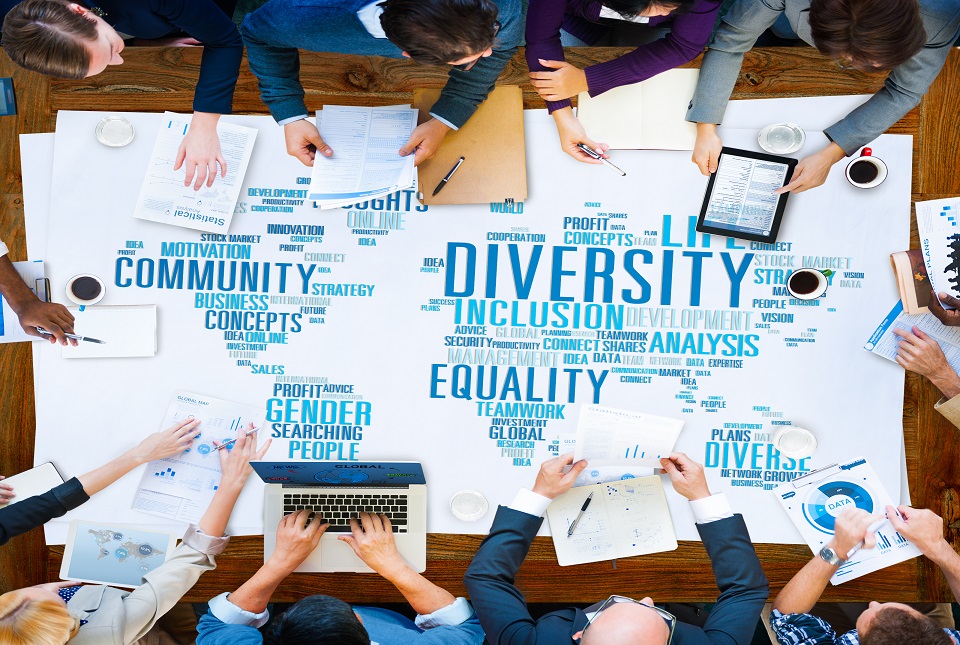Careers and the Culture of Peace: Transforming Workplaces and Society
| Dr. Rita Aguilar Gonzalez - 16 Jan 2025

In an increasingly interconnected world, a culture of peace has emerged as a critical framework for personal and professional development. Beyond being a philosophical ideal, it represents a transformative approach to how we interact, work, and build meaningful careers.
Understanding the Culture of Peace
The United Nations Declaration and Programme of Action on a Culture of Peace (1999) defines peace not merely as the absence of conflict, but as a positive, dynamic participatory process where dialogue and mutual understanding are prioritized. This definition provides a robust framework for understanding peace as an active, transformative process.
Scholars like Johan Galtung, a pioneer in peace and conflict studies, distinguish between:
• Negative Peace: Absence of direct violence
• Positive Peace: Presence of social justice, equality, and structural conditions that prevent conflict
In the professional context, this means creating work environments that value:
•Mutual respect and dignity
• Inclusive communication
• Conflict resolution through empathy
• Collaborative problem-solving
•Recognition of diverse perspective
• Conflict Resolution and Mediation
Professional Domains:
• Workplace Mediation
• Community Conflict Resolution
• International Dispute Negotiation
Research by Mitchell and Banks (1996) highlights the critical role of professional mediators in transforming potential violent conflicts into constructive dialogues.
The Importance of Peace-Oriented Careers
1. Social Impact Professions
Certain careers directly contribute to building a culture of peace:
• Diplomacy and International Relations: Professionals who negotiate, mediate, and build bridges between different cultures and nations.
• Conflict Resolution Specialists: Experts who help organizations and communities resolve disputes constructively.
• Human Rights Advocates: Those working to protect and promote universal human rights.
• Peace Education Practitioners: Educators who teach conflict resolution and empathy skills.
According to the United States Institute of Peace, diplomatic professionals play a crucial role in preventing and resolving international conflicts, with a growing emphasis on preventative diplomacy.
2. Indirect Peacebuilding Careers
Peace Education Professionals:
• Curriculum Developers
• Training Facilitators
• Intercultural Education Specialists
UNESCO’s report on peace education emphasizes the transformative potential of educational approaches in promoting mutual understanding .
3. Corporate Peacebuilding
Even in traditional corporate settings, professionals can cultivate a culture of peace by:
• Promoting inclusive leadership
• Developing emotional intelligence
• Creating supportive team dynamics
• Implementing fair and transparent policies
• Encouraging mutual understanding across differences
Skills for a Peaceful Professional Landscape
To contribute to a culture of peace, professionals should develop:
1. Emotional Intelligence
• Empathy development
• Emotional self-regulation
• Cross-cultural communication
2. Critical Thinking and Systems Thinking
• Analyzing complex social dynamics
• Understanding interconnected global challenges
• Developing holistic problem-solving approaches
3. Intercultural Competence
• Cultural sensitivity
• Ability to navigate diverse professional environments
• Inclusive leadership practices
4. Effective Communication
• Active listening
• Clear expression
• Compassionate expression
5. Collaborative Problem-Solving
• Finding win-win solutions
Daniel Goleman’s work on emotional intelligence suggests that professionals with high emotional intelligence are more effective in creating collaborative, respectful work environments.
6. Organizational Transformation Strategies
Career Development in a Peaceful Framework
Personal Growth
• Seek opportunities that align with values of respect and understanding
• Continuously learn and challenge personal biases
• Develop skills that promote positive interactions
Organizational Impact
• Champion diversity and inclusion initiatives
• Support mentorship and knowledge-sharing programs
• Create safe spaces for dialogue and feedback
Implementing Peaceful Workplace Cultures
1. Inclusive Leadership Models
• Transparent decision-making
• Participatory governance
• Diversity and inclusion initiatives
2. Conflict Transformation Mechanisms
• Restorative justice approaches
• Constructive feedback systems
• Collaborative problem-solving frameworks
By integrating principles of peace into our careers, we contribute to:
• Reducing workplace stress and conflict
• Enhancing organizational productivity
• Promoting social cohesion
• Developing more empathetic leadership
• Creating sustainable, human-centered work environments
Economic and Organizational Benefits
Studies by the Harvard Business Review indicate that organizations with inclusive, empathetic cultures demonstrate:
• Higher innovation rates
• Improved employee retention
• Enhanced productivity
• Better financial performance
Global Perspectives and Future Directions
Emerging Trends
• Remote work and global collaboration
• Increased focus on mental health and well-being
• Technology-enabled cross-cultural understanding
• Sustainable and ethical professional practices
Conclusion
A culture of peace is not a distant ideal but a practical approach to professional and personal development. By intentionally choosing careers and workplace practices that prioritize understanding, respect, and collaboration, we can transform our professional landscapes and, by extension, society itself and we can become agents of positive transformation.
Every career has the potential to be a platform for peace—it begins with individual commitment, empathy, and the belief that our professional interactions can be a powerful force for positive change.
The article provides a comprehensive overview of how careers can intersect with and promote a culture of peace. It explores various dimensions, from specific peace-oriented professions to how individuals can cultivate peaceful practices in any career.
References
Goleman, D. (1995). Emotional Intelligence: Why It Can Matter More Than IQ.
Mitchell, C. R., & Banks, M. (1996). Handbook of Conflict Resolution: The Analytical Problem-Solving Approach.
UNESCO. (2019). Reimagining Our Futures Together: A New Vision for Education.
United Nations. (1999). Declaration and Programme of Action on a Culture of Peace.
United States Institute of Peace. (2020). Diplomatic Strategies for Conflict Prevention.

Browse By Tags